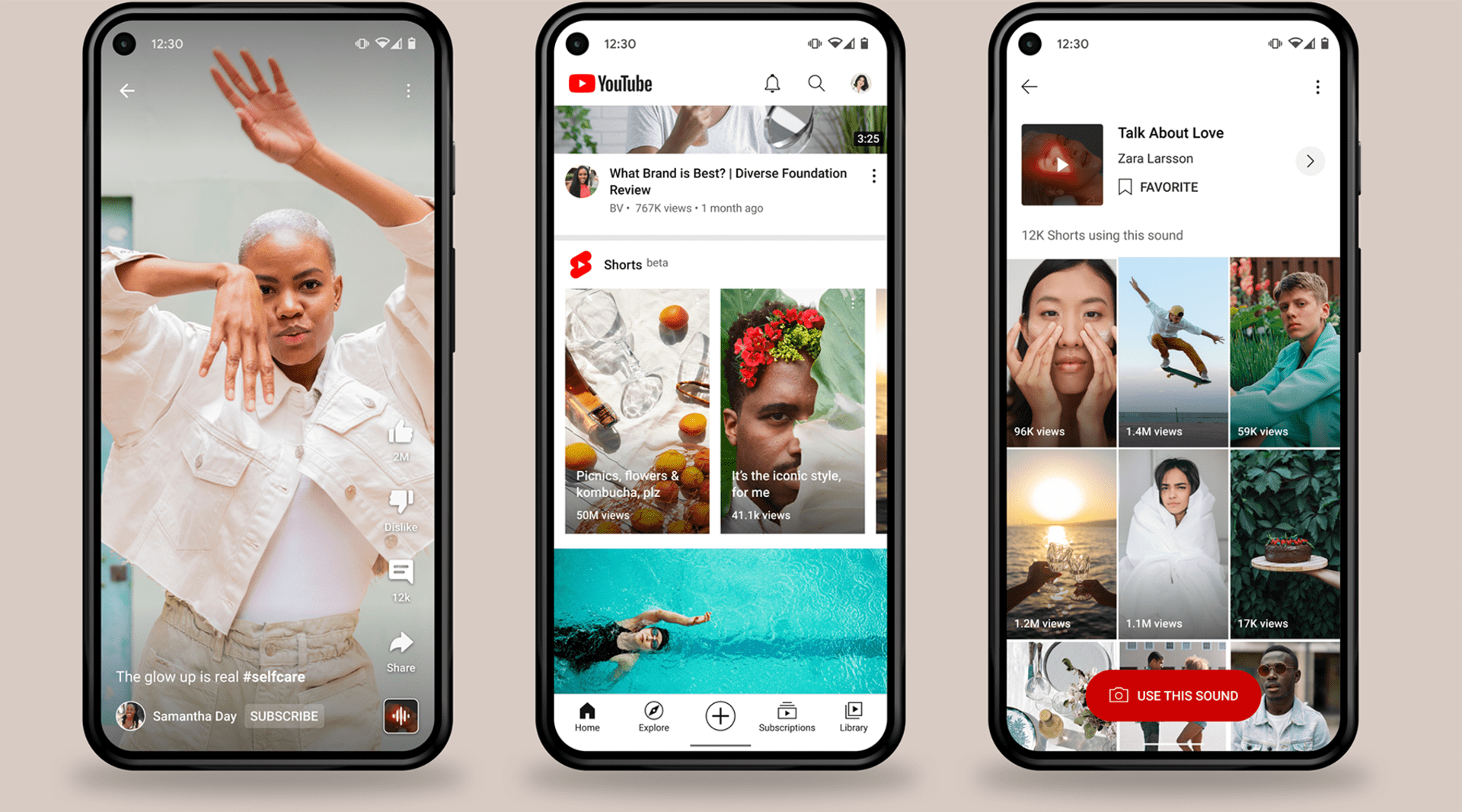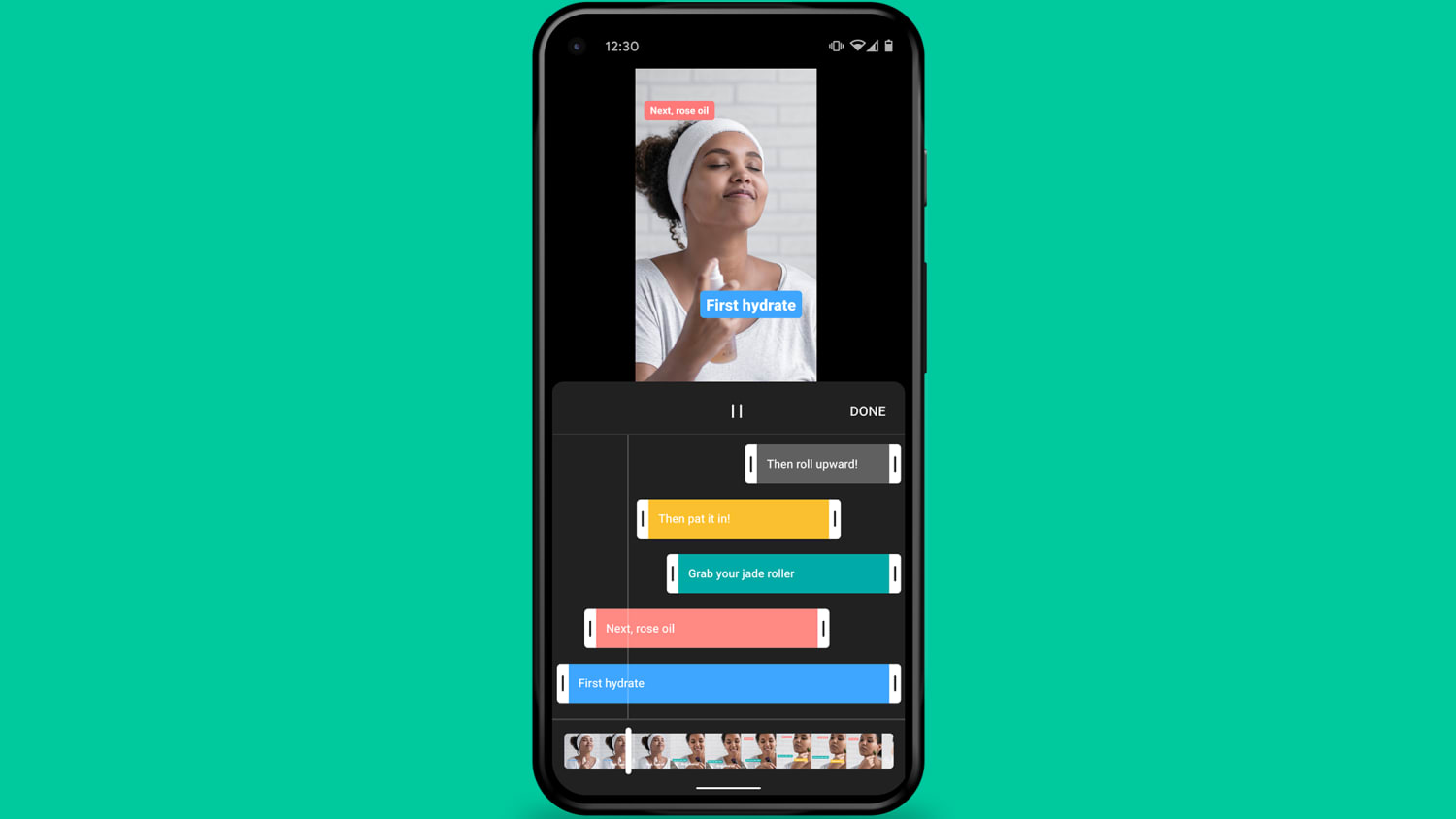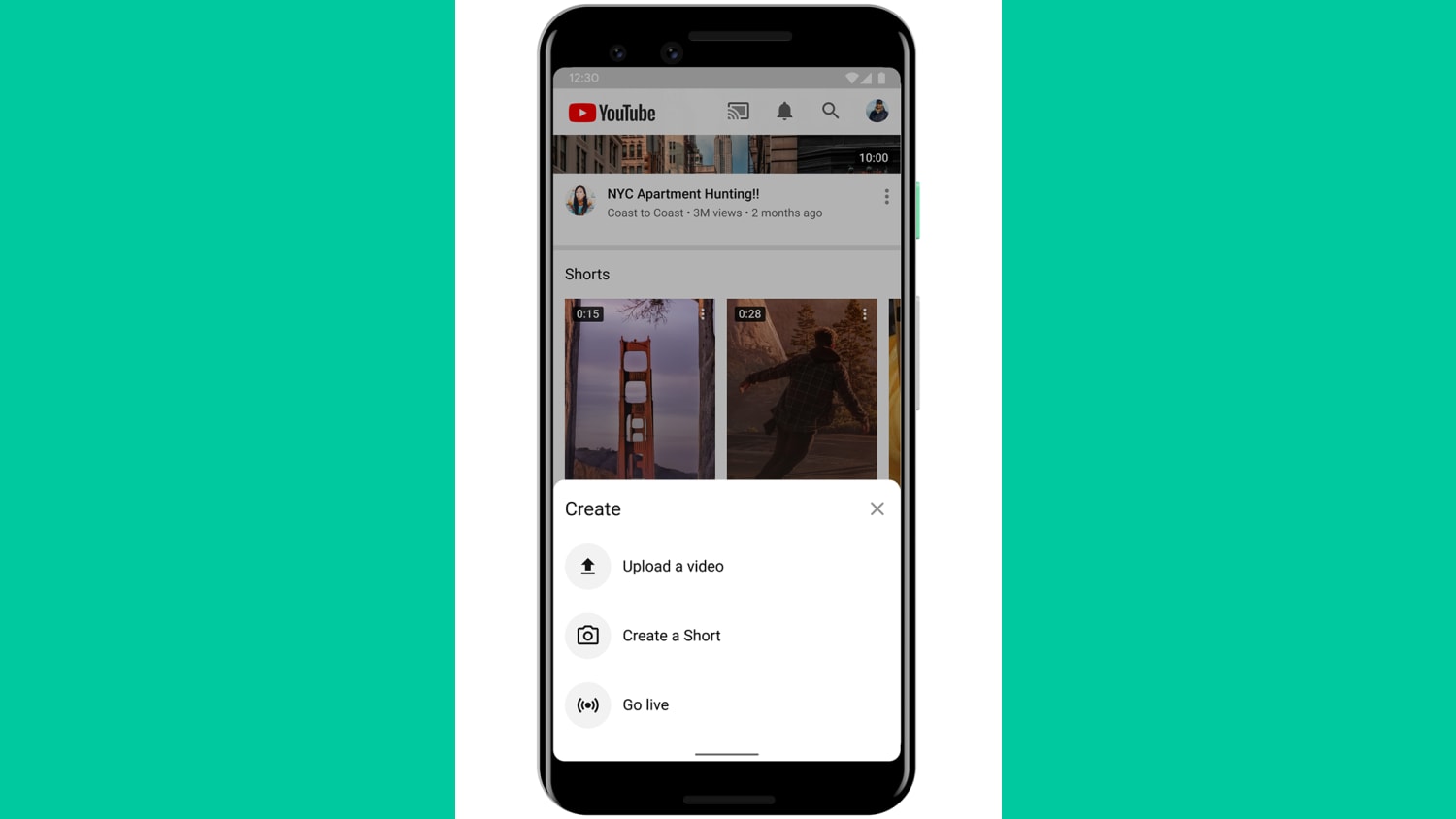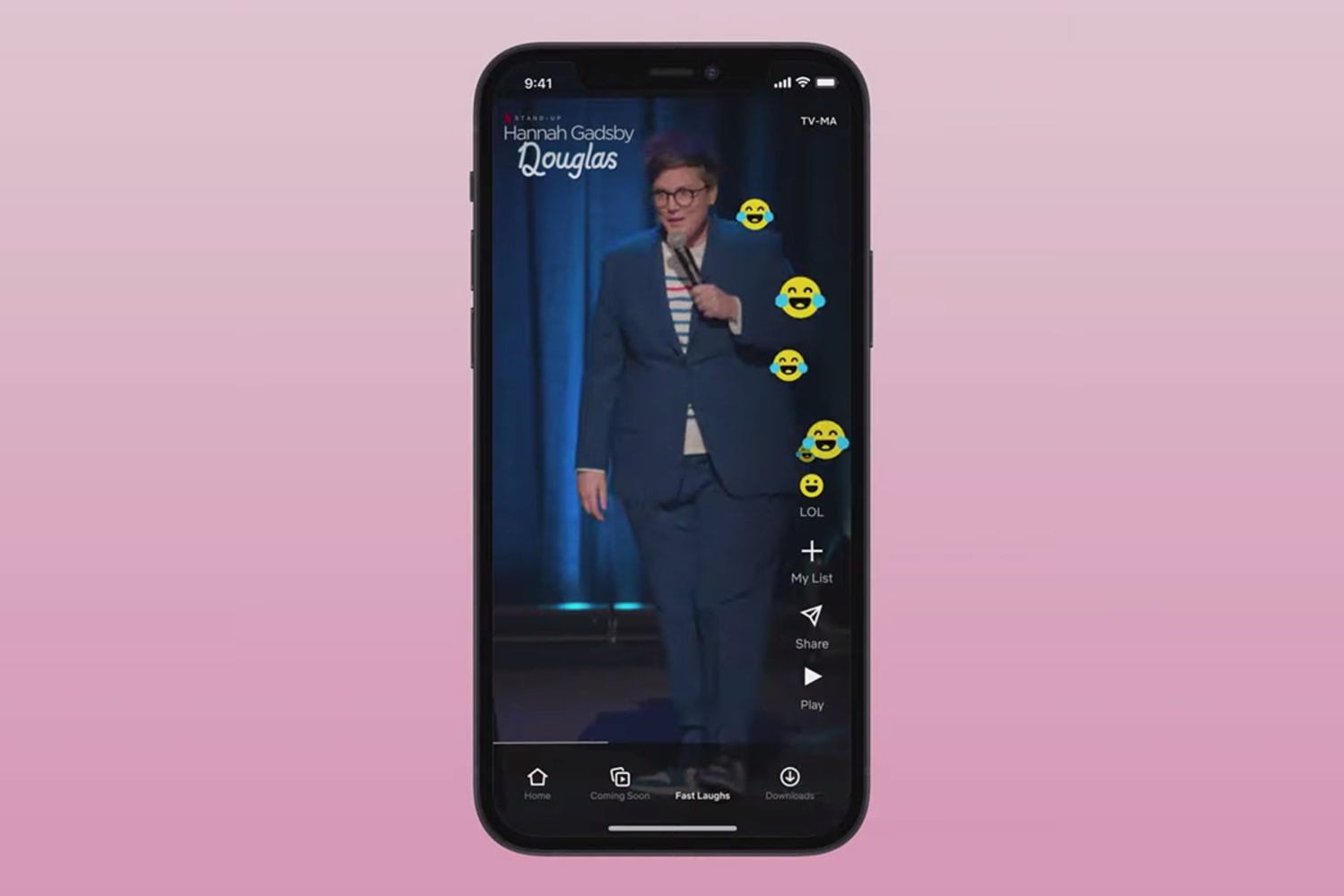Looking back at Quibi’s quick demise, it’s tempting to say the answer to this question is no. However, a swath of new releases from established media and entertainment companies suggests otherwise. Netflix, YouTube and Facebook are all staking their claims to short-form content. And streaming platform Roku has plans for Quibi’s own roster of shows—which it acquired in January 2021—with a short-form library launch planned for later in the year.
Following TikTok’s blockbusting success in 2020, entertainment leaders are taking a second look at bite-sized broadcasting—and are paving the way for a more structured short-form media landscape.





